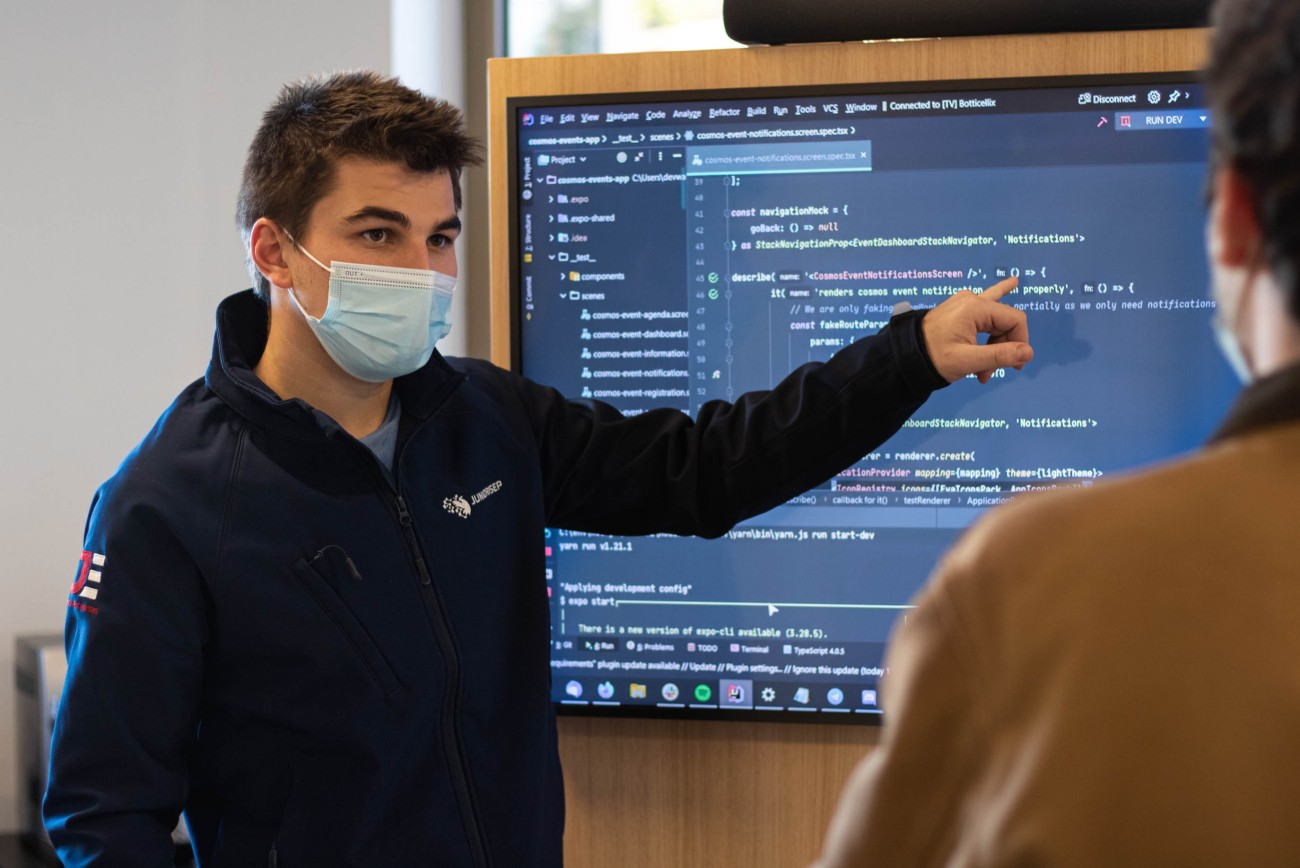Summer Semester 2023
Lecture: Embedded System Security
Content
- Trusted Computing
- - Authenticated Boot
- - Binding and Sealing
- - Integrity Measurement and Attestation
- - Direct Anonymous Attestation
- - On-board Credentials
- Mobile Security with focus on smartphones
- - Security Architectures
- - Selected Access Control and Permission Model Aspects
- - Context-based Security Policies
- - Selected Modern Attack Techniques
- Hardware-based Cryptography
- - Hardware-assisted Cryptographic Protocols
- - Introduction to Physical Unclonable Functions (PUFs)
Please check Moodle for full information:
Coming soon
Let's make FL great again: Securing Federated Learning against Poisoning Attacks
To be able to handle more and more complex tasks, Deep Neural Networks need to be trained with more and more data. One strategy to obtain a large dataset in times of increasing privacy awareness is Federated Learning. Instead of requiring all data on one central place, Federated Learning outsources the training to several clients, such that each client trains its own model locally and only shares the parameters of the trained models.
The lectures will be accompanied by practical homeworks, where state-of-the-art attacks and defenses will be implemented. At the end, you will implement your own attack and defenses that have to compete against the submissions of the other participants.
Content:
- Challenges of using Machine Learning for Security Critical Tasks
- Introduction to different strategies for collaborative learning, including Split Learning and Federated Learning
- Privacy Challenges in Federated Learning
- Security attacks in Federated Learning (also-called Poisoning Attacks)
- State-of-the-art Poisoning Attacks and Defenses in Federated Learning
Please check Moodle for full information:
https://moodle.informatik.tu-darmstadt.de/course/view.php?id=1429
Seminar: System and IoT Security
Content
In the seminar, you will summarize and evaluate existing literature for your choosen topic related to System and IoT security and report their findings in the form of a seminar paper.
Possible topics include:
- Hardware-based security mechanisms
- Attestation of devices
- Defence mechanisms against runtime attacks
- Attacks against IoT systems and IoT malware
- Intrusion detection systems
- Anomaly detection based on machine learning (ML)
- Adversarial machine learning
- Security analysis through reverse-engineering
- Blockchain-based defence mechanisms
Please check Moodle for full information:
https://moodle.informatik.tu-darmstadt.de/course/view.php?id=1441
Systematic Analysis and Development of Innovative Systems
Content
This event addresses current topics from research and development with regard to security.
Analyzing and developing security solutions are complex tasks, which require knowledge from different areas of computer science. The aim of this lab is to combine skills from different areas within a project from the security sector.
Tasks from a very wide range (from algorithmics, space travel, and machine learning to software analysis, hardware development, and reverse engineering) will be presented.
The final tasks are determined individually and according to the interests/skills of the participants.
Depending on the task's scope and level, this course will be completed as a Lab (InoSys-Lab with 6CP) or as a Project-Lab (InoSys-Project with 9CP). The type will be determined individually and task-dependent. At this point, and as far as the nature of the task allows, the students will have the opportunity to participate intellectually in the design of the task.
Please check Moodle for full information:
https://moodle.informatik.tu-darmstadt.de/course/view.php?id=1445

